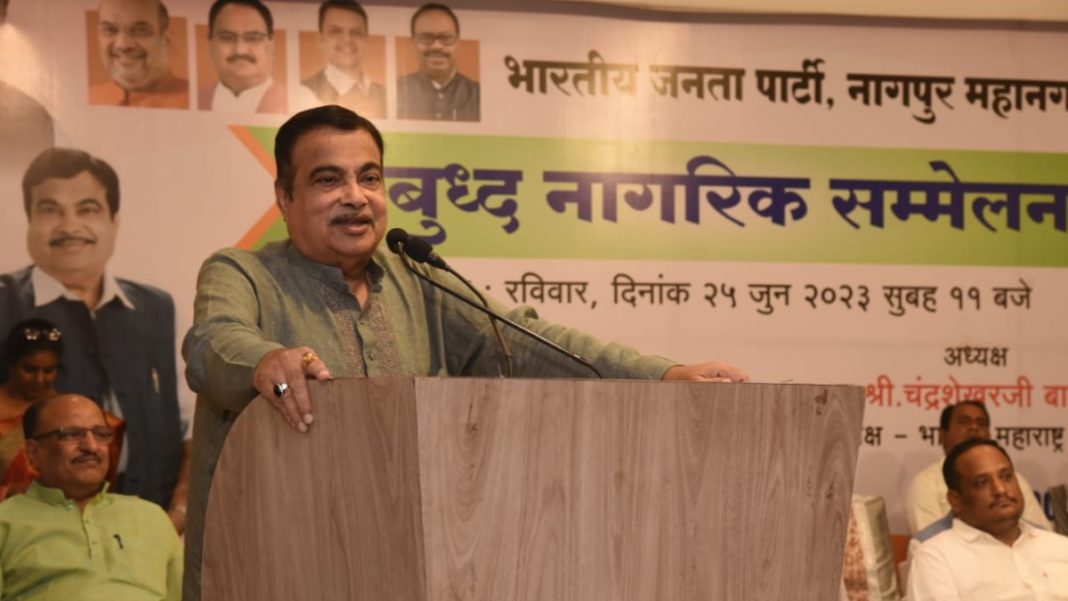INDIA: Union Road Transport and Highways Minister Nitin Gadkari announced that India would introduce new vehicles that run entirely on ethanol.
Speaking at an event in Nagpur, the minister highlighted the country’s efforts to promote eco-friendly transportation and reduce dependence on traditional fossil fuels.
Nitin Gadkari shared his recent conversation with the chairman of Mercedes Benz, who expressed the company’s commitment to manufacturing electric vehicles exclusively in the future.
The Indian government is collaborating with leading automobile manufacturers to develop ethanol-powered vehicles. Bajaj, TVS, and Hero scooters are among the first to embrace this shift, promising 100 percent reliance on ethanol as their fuel source.
Moreover, Gadkari revealed plans to launch Toyota’s Camry car in August, which will operate entirely on ethanol and even generate 40 percent electricity.
The minister emphasized the economic advantages of ethanol-based vehicles, stating that the cost per litre of ethanol is around Rs 60, while petrol stands at Rs 120.
With ethanol being significantly cheaper, the estimated fuel cost for ethanol vehicles would be as low as Rs 15 per litre. India has actively promoted ethanol as a biofuel to reduce carbon emissions and enhance energy security.
In February of this year, Prime Minister Narendra Modi introduced 20 percent ethanol-blended petrol in select petrol pumps across 11 states and Union Territories. This initiative aims to gradually increase the use of biofuels in the country.
PM Modi highlighted the significant progress made in incorporating ethanol into petrol, with the blend ratio increasing from 1.5 percent in 2014 to 10 percent and now advancing to 20 percent.
The first implementation phase covers 15 cities, while the government plans to expand the availability of 20 percent ethanol-blended petrol pumps nationwide within the next two years.
Ethanol, a renewable fuel, is derived from various plants, vegetables, and biological sources. In India, teams have extensively researched using Jatropha oil as a biofuel source.
Additionally, rice, corn, and other oils can produce ethanol with the desired calorific value. This diverse range of feedstocks offers flexibility in ethanol production, contributing to the country’s efforts to reduce carbon emissions and promote sustainable energy alternatives.
The Indian government’s commitment to introducing vehicles running entirely on ethanol signifies a significant step forward in the country’s sustainable transportation sector.
By embracing ethanol as a clean and affordable fuel option, India can reduce its carbon footprint and pave the way for a greener future in the automotive industry.
Also Read: Kangana Ranaut’s ‘Emergency’ Bags a Gripping Teaser



